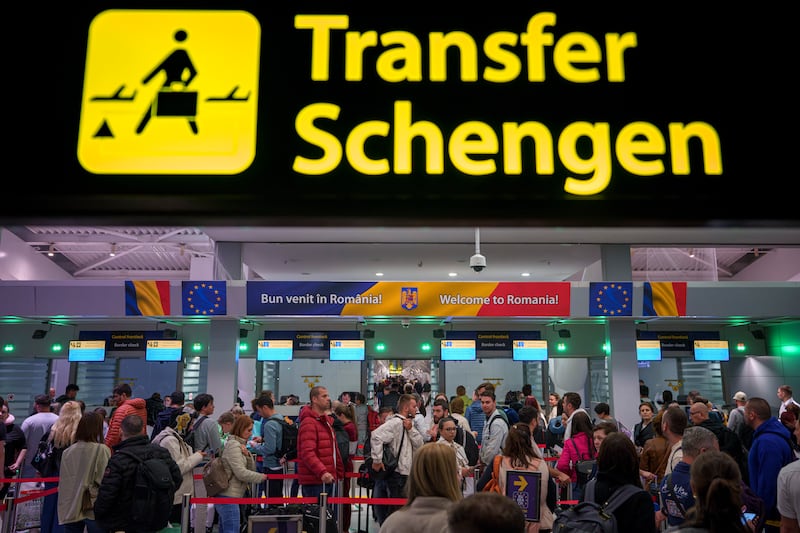NORTHERN Ireland is certain to miss out on the benefits of having its voice heard at the top table of Europe’s regions and cities network in the post-Brexit era, a conference in Brussels has heard.
Karl-Heinz Lambertz, president of the EU’s Committee of the Regions (CoR), was speaking at the 15th running of the European Week of Regions and Cities, the world’s largest gathering of local and regional stakeholders.
And while round five of the Brexit negotiations were going in the same Berlaymont building, focussing on the heavyweight macro issues around the UK’s pending departure from Europe, the CoR forum for debate is a million miles away.
It effectively allows cities, towns and villages to showcase their capacity to generate growth, implement European Union cohesion policy, and concentrate on bread and butter issues impacting on citizens and businesses like jobs creation, roads and internet connection.
But cutting ties with Brussels in 2019 (or after the two-year transition period) means the north’s voice will no longer be heard.
Lambertz was not prepared to speculate what impact future Committee of the Regions forums would have for regions like Northern Ireland and Scotland, which voted to remain in the EU.
“I’m convinced Brexit is a bad thing. We are all convinced of it in the committee because those regions have a voice and are listened to,” he said.
“But Brexit is a fact, and now they must leave.”
Yesterday’s opening of the CoR at the European Parliament kicks-off a programme of 130 workshops spread across some 30 Brussels-based venues, with more than 5,800 people and 800 speakers registered for the four-day event on EU regional policy.
But ironically, given the EU’s focus on good transport links, it came against the backdrop of a 24-hour rail strike running from 10pm on Monday and affecting all Brussels bus, tram and metro lines.
This year's CoR is dedicated to 'Regions and cities working together for a better future', with more than 100 sessions, seminars and meetings being organised alongside the following themes:
:: Building resilient Regions and Cities: Focus on the economic and social effects of globalisation and the policy response at EU, national, regional and local level. Are EU policies, in particular regional and urban policy, responding adequately to the economic and social effects of globalisation?
:: Regions and Cities as change agents: A platform to illustrate the effective contributions EU regions and cities are giving to the European project and to allow them to provide input to the main political debate.
:: Sharing knowledge to deliver results: Regional and national authorities implementing programmes supported by the European Structural and Investments funds have the opportunity to exchange experiences and good practices relating to programme management during the period 2014-2020.
Corina Creu, the EU’s Commissioner for Regional Policy, yesterday launched the 7th Cohesion Report, published every three years and giving a detailed snapshot of economic and social state of EU and showing what needs to be done to improve people’s quality of life.
“A Europe without a cohesion policy is useless,” she said.
“Things are getting better for our towns and cities around roads, connectivity, schools an hospitals, but a lot needs to be done in all European regions.
“The differences have narrowed since 2015, but GDP still lower in some regions than before the crisis, and there’s still a long way to go before regions can offer the same opportunities to all its citizens.”








